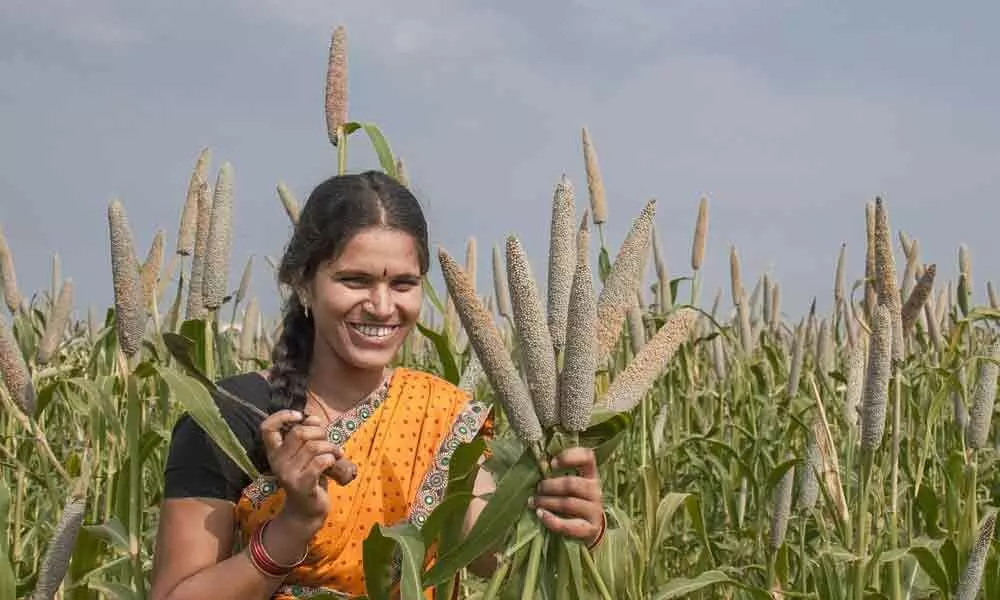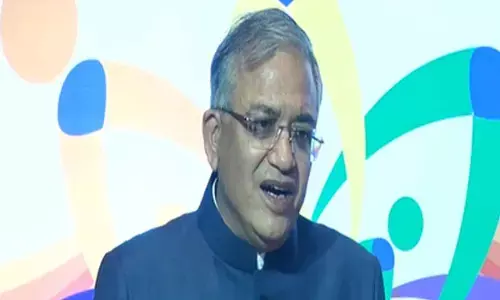Hyderabad: Pair millets, legumes to scale up Covid combat'
 ICRISAT findings have much value as millets and legumes overtaken by rice, wheat and maize
ICRISAT findings have much value as millets and legumes overtaken by rice, wheat and maizeRefined products that form a staple diet cannotprovide complete proteins as they are extremely low on essential amino acids. Specific millets and legumes combination ensure higher levels of micronutrients besides complete protein to support comprehensive nutrition
Hyderabad: It is not the amount of food that one eats but the quality and the right combination of food varieties that count. The results of a new study by the International Crop Research Institute for the Semi-Arid Tropics (ICRISAT) confirm-a combination of millets and legume when eaten in right proportion enhances health and ensures all the protein required for a human.
Refined products have become the staple diet and cannot provide complete protein as they are extremely low essential amino acids. "The general consumer knows legumes are high in protein but do not know the essential amino acid composition and so do not realize they are not getting a complete protein," says Joanna Kane-Potaka, Assistant Director General, External Relations, ICRISAT & Executive Director, Smart Food.
The study was based on some of the most common legumes and millets: chickpea and pigeonpea with pearl millet and finger millet. Specific millets and legumes combination complemented higher levels of micronutrients in addition to complete proteins to support comprehensive human nutrition.
Consumed in an adequate quantity in the ratio of three portions of millet and one portion of legume reduced deficiency as it is packed with nutrients says the study.
The findings have much value as millets and legume have been overtaken by other products. Over a period of time, their value reduced. Joanna says, "Now we have the COVID-19 pandemic, we have to be careful we don't focus only on having enough food to eat but we look at the nutrition quality and diversity. Poor nutrition will have longer negative impacts and we know that poor nutrition in the first 1,000 days of a child's life impacts physically and mentally in ways that are irreparable. So it is very important to incorporate nutrition in the COVID-19 strategies the government is putting together.
ICRISAT is also planning to share the findings with the Telangana Government. "We have just undertaken a survey with millet SMEs on how they have been impacted by COVID-19 and how the government can best support them." She added.














